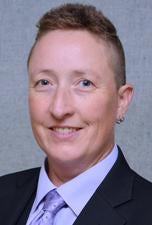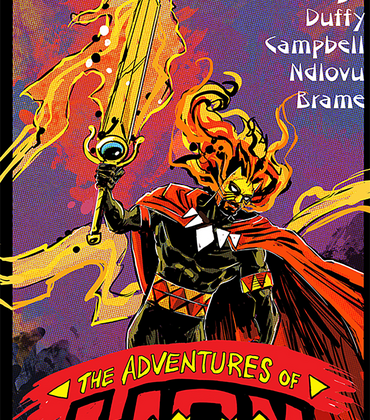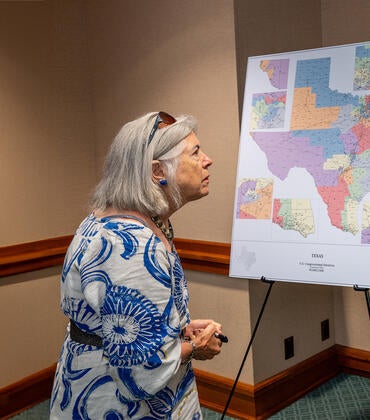
UC Riverside will be the host of an unprecedented conference to launch the first academic journal devoted to queer and transgender scholarship in religious studies.
The journal, “QTR: A Journal of Queer and Transgender Studies in Religion,” will be founded by Melissa M. Wilcox, a religious studies professor at UCR, and Joseph Marchal, a religious studies professor at Ball State University in Indiana. The first papers published in the journal will be selected from presentations at a dedicated conference to be held at UC Riverside in May. The conference “Queer and Transgender Studies in Religion in the 2020s: The State of the Field” is supported by a $30,000 grant from the Henry Luce Foundation and a $5,000 grant from the University of California Humanities Research Institute. The first issue should appear in 2023.
QTR will be the first journal dedicated to expanding both scholarly and public knowledge about the full range of rich and complex connections between religion, gender, and sexuality, including the various ways trans and queer people create their own religious spaces.
“Every time we write for a mainstream journal we have to do either Queer Theory or Religious Studies 101 to explain our theoretical background,” said Wilcox. “There’s no go-to journal if you want to read this specific field of work. There’s no place those of us who do queer and trans studies in religion can talk directly to each other. This journal will be that place.”
QTR will use a fee-free open access publishing model to make its scholarship available to the widest possible academic and public audience. Under most open access models, the authors of a paper must pay the journal to make the paper freely available to any reader. These fees vary, but typically range from $2,000-$3,000.
“Many scholars in these areas of research are working with little to no grant money,” Wilcox said. “Some are working outside academia. Fee-free open access will help these scholars, as well.”
Support from the Henry Luce Foundation will enable UCR to host conference attendees free of charge. The University of California Humanities Research Institute has provided additional funding. UC Riverside has also established a fund that accepts donations to pay the journal’s open access publishing fees.
Wilcox and Marchal said that combatting the assumption that so many religions hate queer and trans people is one of the reasons the new journal is important.
“It’s true that some have used religious argumentation to target queer and trans people, and that many are traumatized by religious narratives,” Marchal said. “But it’s equally true that many queer and trans people are religious and find community and affirmation in religions.”
Papers published in QTR will address, among other things, the way queer and trans people are creating their own religious spaces.
"When we say a particular religion hates queer people we’re erasing the queer people in that religion,” said Wilcox. “We’re reducing it to one particular take or one particular branch and to a certain set of elites who have claimed the right to say what they want by silencing everyone else.”
“The new journal starts off with a candid understanding of a more complicated terrain to actually get at these lifeworlds, thus bringing more people into conversations about religion, gender, and sexuality,” said Marchal.
Wilcox and Marchal believe this approach will not only help scholars ask better, more robust research questions, but by making the work freely available, it will help those struggling with the relationships between gender, sexuality, and spirituality.
“This work saves lives. It simply does,” said Wilcox. “Anybody just Googling to find out who is out there like me or is there space for me in this religion will be able to find the work collected in this journal.”
The Henry Luce Foundation seeks to enrich public discourse by promoting innovative scholarship, cultivating new leaders, and fostering international understanding. Established in 1936 by Henry R. Luce, the co-founder and editor-in-chief of Time, Inc., the Luce Foundation advances its mission through grantmaking and leadership programs in the fields of Asia, higher education, religion and theology, art, and public policy.
Header photo: Sharon McCutcheon on Unsplash





